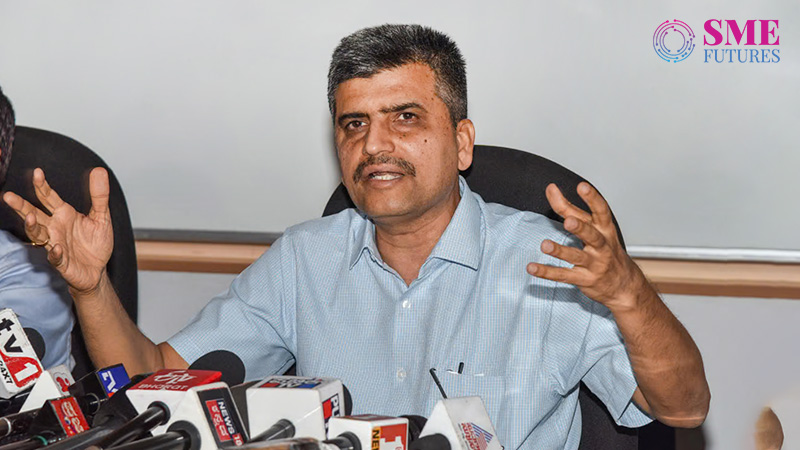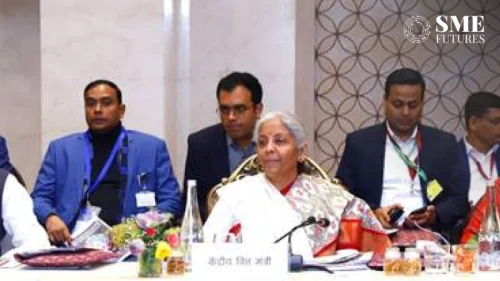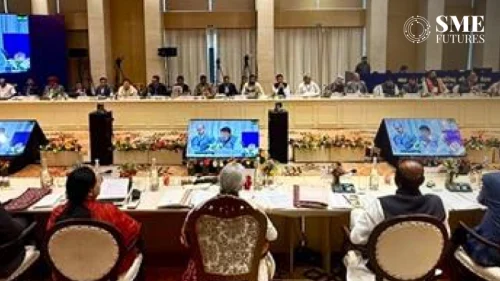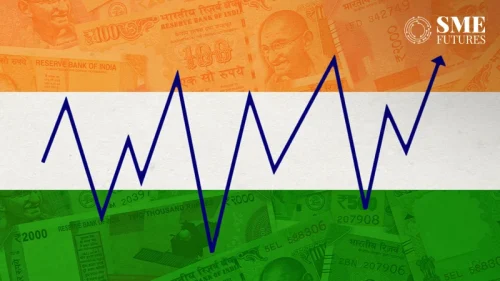Reforming international financial institutions has become critical in view of escalating global debt and sustainable development needs, Economic Affairs Secretary Ajay Seth said on Wednesday.
“Escalating global debt has been putting significant pressure on a number of low income and middle income countries having repercussions on the ability of these countries in improving their development outcome. The past gains in poverty reduction and development are reversing,” he said, while a seminar on multilateral institutions for the 21st century.
The unmet financing needs for sustainable development goals are ballooning while the global challenges, such as those arising from climate change and the pandemic, are growing in urgency, scale and complexity, he said.
“Reforming international financial institutions becomes critical in this context. These reforms cannot
focus on just financial of the international financial institutions but need to be more comprehensive to
include the mandate, the governance framework and operational elements of the international
financial institutions,” he said.
The leaders of G20 nations in September agreed to urgently and effectively address debt vulnerabilities
Debt vulnerability-related issues of three countries — Zambia, Ghana and Ethiopia — are addressed
under the common framework, while Sri Lanka is outside the framework.
The G20 New Delhi Leaders’ Declaration noted that with notable tightening in global financial
conditions, which could worsen debt vulnerabilities, persistent inflation and geoeconomic tensions,
the balance of risks remains tilted to the downside.
The G20 leaders committed to promote resilient growth by urgently and effectively addressing debt
vulnerabilities in developing countries, the Declaration had said.
The leaders re-emphasise the importance of addressing debt vulnerabilities in low and middle-income
countries in an effective, comprehensive and systematic manner.











